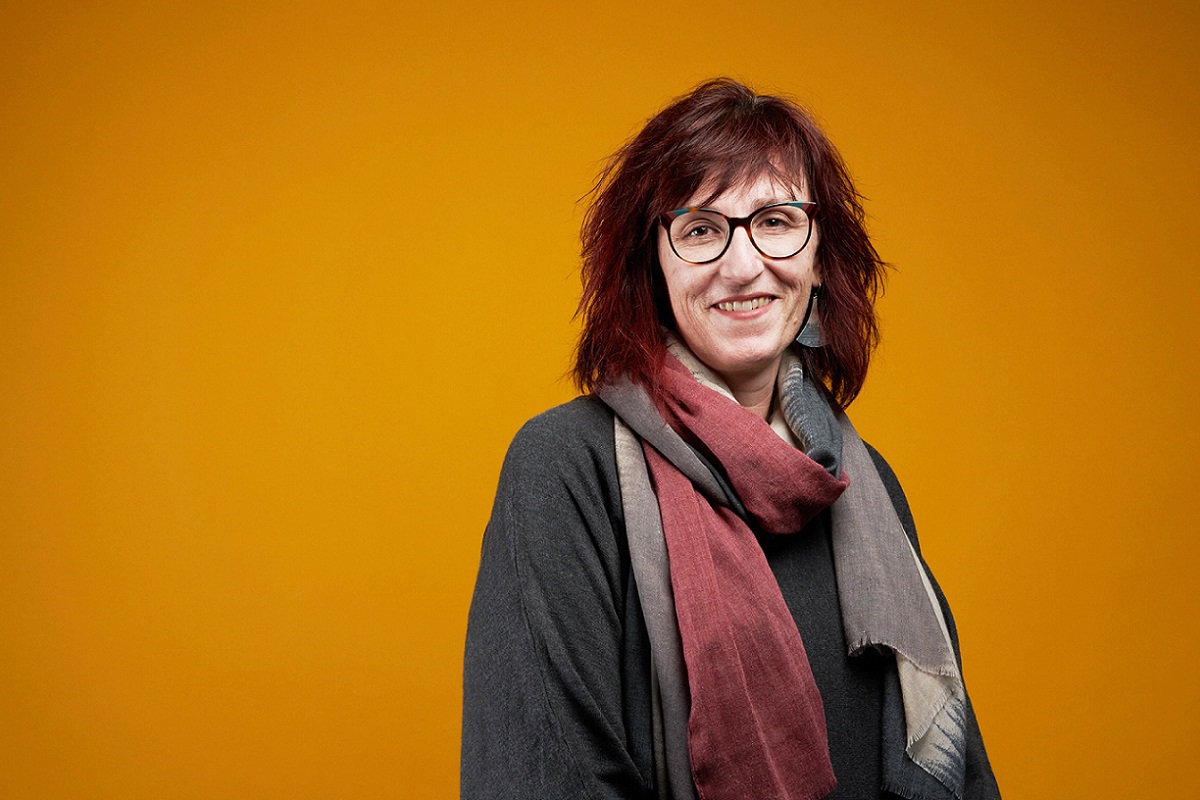
New Flinders Professor in Disability and Community Inclusion Sally Robinson is also a theme leader at the new Caring Futures Institute, and looking forward to bringing the community on a journey to realise its important vision.
What does your work at Flinders involve?
I’m the new Professor of Disability and Community Inclusion, and the Better Communities theme lead for the Caring Futures Institute.
I am focused on building our research capacity and our collective ability to collaborate well, and promoting the work that is already happening here but perhaps not well known. I also have a part to play in leading our teaching programs and building the HDR program.
Why did you decide to pursue a career in research?
I’ve worked alongside people with disability my whole working life. In that time, I’ve been lucky enough to have colleagues with intellectual disability who gave me really important direction. Without their guidance, I wouldn’t have taken on my PhD research, which was about emotional and psychological abuse of people with intellectual disability in disability services.
Since then, pretty much all of my work has been co-produced with people with disability, and I’ve tried to make sure it is generated from their priorities. This has taken us into such interesting and important territory – relationships, violence, loneliness, belonging, quality of support – and also translated into research and evaluation for government and NGOs.
What impact do you envisage the Better Communities theme of the Caring Futures Institute will have?
The by-line for the Better Communities theme is ‘generating social inclusion, co-design and collaboration’. For that to have meaning and impact, we need to not only promote the great work that is already happening, but to build a range of relationships and ways of contributing to each other’s work within and across academic and community spaces. This is foundational for our growing impact, from local to global scales.
In addition to fostering and supporting research which builds social inclusion and challenges marginalisation, the Better Communities theme has a key role in building collaboration.
An initial project in the coming months is to work with community, industry and academic partners to open conversation about how meaningful co-design might work in the Caring Futures Institute. What is needed to bring models to life? What are the essential underpinning principles? How do we involve people in each group who are hard to reach/hear? How do we invite them in to the design and continue relationships that mean they have influence over time?
What has been your proudest moment in your career?
I don’t know about proud, but I found the work that we did for the Royal Commission into Institutional Responses to Child Sexual Abuse very fulfilling.
Our research included children with high and complex support needs due to disability, and it was immensely satisfying to see the experiences of those kids reflected in the Commission’s final recommendations and the policy and practice changes following. Our current ARC Discovery project is extending this work by exploring ethical practice involving children in disability, out-of-home-care and education contexts.
What has been your most challenging time?
Working with people who are marginalised brings into stark relief the impact of health disparities, the long tail of institutionalisation, poor quality support and discrimination. I’ve lost far too many colleagues too early. Moving into Nursing and Health Sciences College is a great opportunity to address some of these resistant issues.
What does a normal day look like for you?
There’s not really any such thing as an ordinary day for me, but my work life is a blend of trying to squeeze together the exciting new roles with research, teaching, meetings, collaborations… and the relentless pressure of writing!

